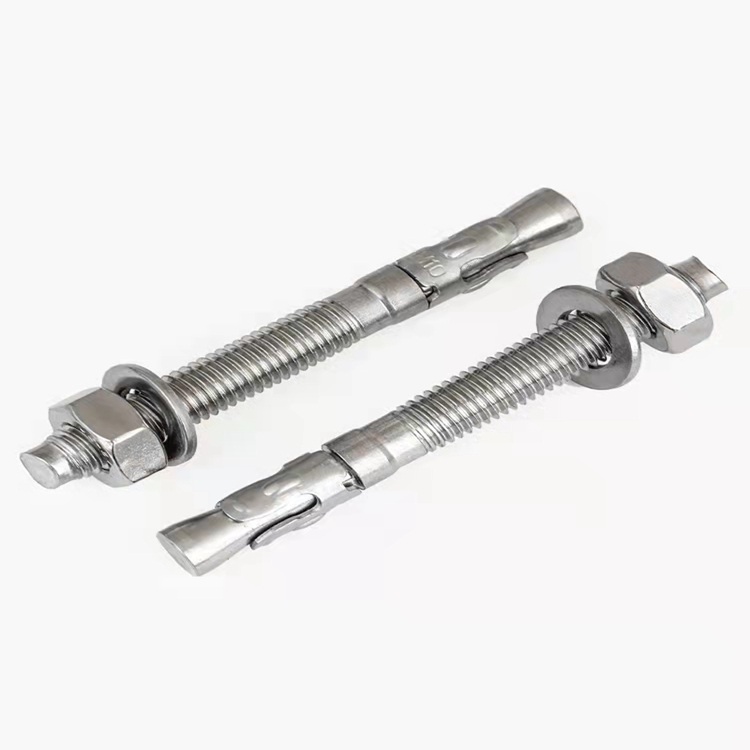stainless steel machine screws factory
Nov . 12, 2024 20:33 Back to list
stainless steel machine screws factory
The Importance of Stainless Steel Machine Screws and Their Manufacturing Process
Stainless steel machine screws are essential components in various industries, ranging from construction and automotive to electronics and household appliances. Renowned for their durability, corrosion resistance, and strength, stainless steel screws outperform their counterparts made of other materials, making them a preferred choice in critical applications.
Manufacturing stainless steel machine screws requires a precise and methodical process to ensure the quality and performance of the final product
. The journey begins with the selection of high-grade stainless steel, often categorized into different alloy types like 304 and 316. These alloys are known for their excellent mechanical properties and resistance to oxidation and rust, ensuring longevity.The initial step in production involves wire drawing, where stainless steel rods are pulled through a series of dies to achieve the desired diameter. Once the correct thickness is achieved, the wire is cut into specific lengths, depending on the type of screw being produced. At this stage, it is crucial to ensure that the cut lengths are uniform to maintain quality and performance.
Next comes the forming process, which can take various forms, such as cold heading or thread rolling. Cold heading is a method where the metal wire is formed into the screw shape without heating, preserving its strength and integrity. Alternatively, thread rolling involves the creation of the screw threads through the application of pressure, which ensures tight tolerances and enhances surface hardness.
stainless steel machine screws factory

Following the forming process, each screw undergoes rigorous quality control measures. This step is vital to ensure that the screws meet specific standards and specifications. Tests may include tensile strength measurements, corrosion resistance assessments, and dimensional checks. Only those that pass these stringent tests move on to the finishing stage.
The finishing process often involves various treatments to enhance the aesthetic and functional properties of the screws. Common methods include passivation, which involves treating the screws with acid to remove free iron and enhance corrosion resistance. Additionally, coatings may be applied to further improve durability and provide an appealing surface finish.
Once the manufacturing process is complete, the screws are packaged and shipped to customers around the world. The effectiveness of stainless steel machine screws in a wide range of applications is a testament to their quality and the meticulous work that goes into their production. For manufacturers, investing in the right machinery and adhering to strict quality control processes are crucial to maintaining standards and ensuring customer satisfaction.
In conclusion, stainless steel machine screws are integral to modern manufacturing, providing strength and reliability in various applications. The detailed manufacturing process, from raw material selection to final inspection, underscores the importance of quality in producing these indispensable components.
Latest news
-
Wholesale Ball Stud Bolt - High Quality Supplier & Factory Price Reliable Wholesale Ball Stud Bolt Company
NewsJul.06,2025
-
High-Strength Alloy Bolts Manufacturer & Supplier Quality Alloy Fasteners Factory
NewsJul.06,2025
-
Automatic Flush Bolts for Double Doors - Reliable Security, Easy Installation, Factory Direct Supply
NewsJul.05,2025
-
High-Quality 11mm Bolts Manufacturer Reliable 11mm Bolts Factory & Suppliers
NewsJul.05,2025
-
High-Quality DIN975 Thread Rods Manufacturer Reliable Factory & Suppliers
NewsJul.05,2025
-
High-Quality Strut Washers – Reliable Strut Washers Factory & Trusted Company Suppliers
NewsJul.04,2025
